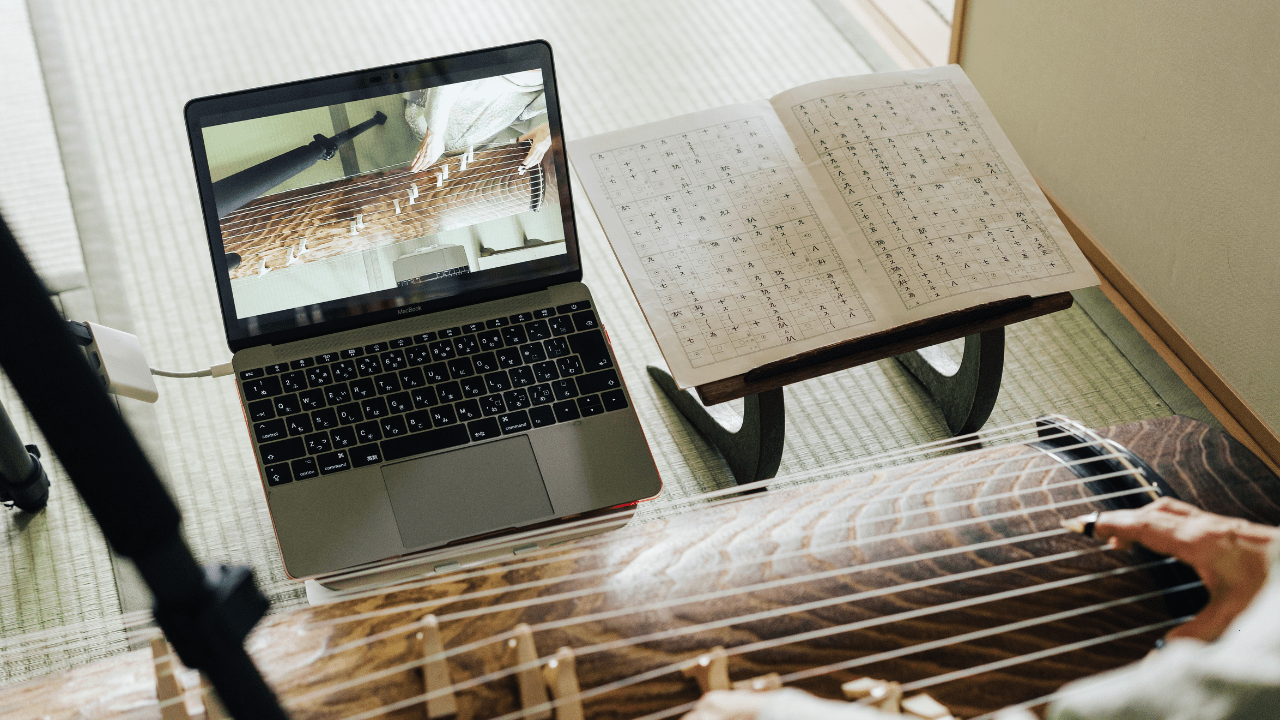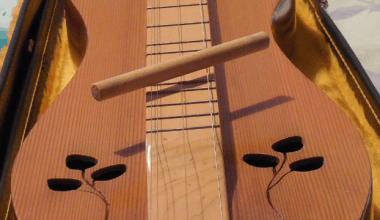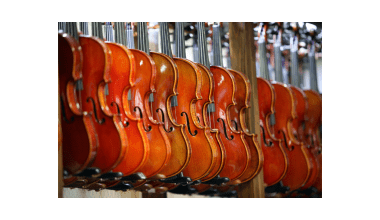Music is a universal language, but mastering the tools to communicate through it is no small feat. Across the world, various instruments have garnered a reputation for being notoriously challenging to play. Whether it’s due to intricate techniques, physical demands, or the need for deep emotional connection, these instruments test the limits of even the most dedicated musicians. In this blog, we explore the most difficult instruments to play, delve into what makes them so challenging, and celebrate the determination and artistry of those who conquer them.
Understanding What Makes an Instrument Difficult
Before diving into specific instruments, it’s essential to define what constitutes “difficulty” in musical instruments. The challenges can stem from various factors:
- Physical Coordination: Some instruments require simultaneous coordination of hands, feet, and breathing, making them a physical workout.
- Technical Complexity: Instruments with a wide range of notes, keys, or strings can be harder to master.
- Expressive Depth: Certain instruments demand an exceptional ability to convey emotion, requiring both skill and intuition.
- Time Investment: Mastery of complex instruments often demands years—or even decades—of dedicated practice.
- Maintenance and Tuning: Some instruments are difficult not just to play but to maintain, adding an extra layer of challenge.
Now, let’s explore the most difficult instruments to play and why they earn this distinction.
1. The Violin: A Masterclass in Precision
The violin often tops the list of the most difficult instruments to play. This small, four-stringed instrument is deceptively simple in appearance but poses incredible challenges:
- No Frets: Unlike a guitar, the violin has no frets to guide finger placement, requiring players to develop impeccable muscle memory.
- Bow Control: Producing a clear tone involves precise bowing technique, including pressure, speed, and angle.
- Physical Strain: Holding the violin and bow for extended periods can strain muscles, demanding stamina and proper posture.
- Expressiveness: The violin can mimic the human voice, which means mastering it requires not just technical skill but emotional depth.
Violinists spend years honing their craft, and even seasoned players continually work to improve their tone and technique.
2. The French Horn: A Test of Embouchure
The French horn is widely regarded as one of the most challenging brass instruments to play. Its difficulties include:
- Tight Range: The mouthpiece is small, and producing notes requires precise control of the lips, or embouchure.
- Intonation Sensitivity: Even minor changes in embouchure or air pressure can drastically alter the pitch.
- Hand Position: Players use their right hand to manipulate the sound inside the bell, adding complexity.
- Demanding Repertoire: French horn parts often include high notes and intricate passages.
Despite these challenges, the French horn’s warm, rich sound makes it a favorite in orchestras and ensembles.
3. The Piano: A Symphony in Two Hands
The piano may seem less intimidating due to its straightforward interface, but it remains one of the most difficult instruments to play for several reasons:
- Independent Hand Movement: Pianists must often play different rhythms, melodies, or dynamics with each hand simultaneously.
- Large Repertoire: The piano has one of the largest repertoires of any instrument, encompassing diverse styles and techniques.
- Dynamic Range: Achieving expressiveness requires nuanced control of dynamics, touch, and pedal usage.
- Physical Stamina: Extended practice sessions and performances demand endurance and finger strength.
Mastering the piano involves years of disciplined practice and a deep understanding of musical theory.
4. The Oboe: Mastering the Reed
The oboe, with its distinctive and piercing sound, is another candidate for the most difficult instrument to play. Challenges include:
- Reed Maintenance: Oboists often craft their own reeds, which requires both skill and patience.
- Breath Control: The oboe has high resistance, meaning players need exceptional breath control to produce a steady tone.
- Embouchure Strength: Maintaining the correct embouchure for long periods can be physically exhausting.
- Intonation Challenges: The oboe’s pitch is highly sensitive, making it difficult to play in tune.
Despite its difficulty, the oboe is a key instrument in orchestras, lending its unique voice to countless compositions.
5. The Bagpipes: A Breath Control Test
The bagpipes are a culturally iconic instrument, but they’re also one of the most challenging to master:
- Breath and Arm Coordination: Players must inflate the bag while simultaneously squeezing it to maintain a constant airflow.
- Finger Dexterity: The chanter, used to play melodies, requires precise finger movements.
- Tuning Difficulties: Bagpipes are notoriously hard to tune, and environmental factors can affect their sound.
- Endurance: Playing the bagpipes for extended periods demands exceptional lung capacity and stamina.
Mastering the bagpipes requires dedication, but their hauntingly beautiful sound makes the effort worthwhile.
6. The Drums: Beyond Keeping Time
Drumming may seem simple compared to melodic instruments, but it’s one of the most demanding instruments due to:
- Coordination: Drummers use all four limbs independently, requiring exceptional coordination.
- Physical Stamina: Drumming is a high-energy activity that demands strength and endurance.
- Rhythmic Complexity: Advanced drummers must navigate intricate rhythms and time signatures.
- Expressiveness: Great drummers bring emotional depth to their playing, making the instrument more than just a rhythm keeper.
Drumming is both physically and mentally taxing, but its role in music is indispensable.
Why Mastering Difficult Instruments is Worthwhile
Learning to play the most difficult instrument is a journey filled with challenges, but it also offers unparalleled rewards. Musicians who tackle these instruments gain:
- Resilience: Overcoming obstacles builds mental and emotional strength.
- Artistic Growth: Mastery of a challenging instrument allows for deep artistic expression.
- Community Respect: Musicians who excel at difficult instruments often earn admiration for their dedication and skill.
- Personal Satisfaction: The joy of creating music on a challenging instrument is a unique and deeply fulfilling experience.
Conclusion:
Whether you’re drawn to the violin’s emotive voice, the French horn’s rich tones, or the piano’s vast repertoire, tackling a challenging instrument is a journey worth taking. The most difficult instruments to play test your limits but also open doors to incredible musical experiences. With dedication, patience, and passion, any instrument can become a means of beautiful self-expression.
Music may be a universal language, but the instruments that create it require unparalleled devotion. Which one will you choose to master?
Related Articles:
For further reading, explore these related articles:
- Mini Musical Instruments: A Comprehensive Guide to Tiny Tunes
- Discover the Best Cheap Musical Instruments for Beginners
- Easiest Musical Instrument to Learn: Beginner-Friendly Options for Everyone
For additional resources on music marketing and distribution, visit Deliver My Tune






